Can the FCC’s Net Neutrality Rules Survive the Major Questions Doctrine?
Justice Brett Kavanaugh is on record as saying net neutrality is unlawful.
Ted Hearn
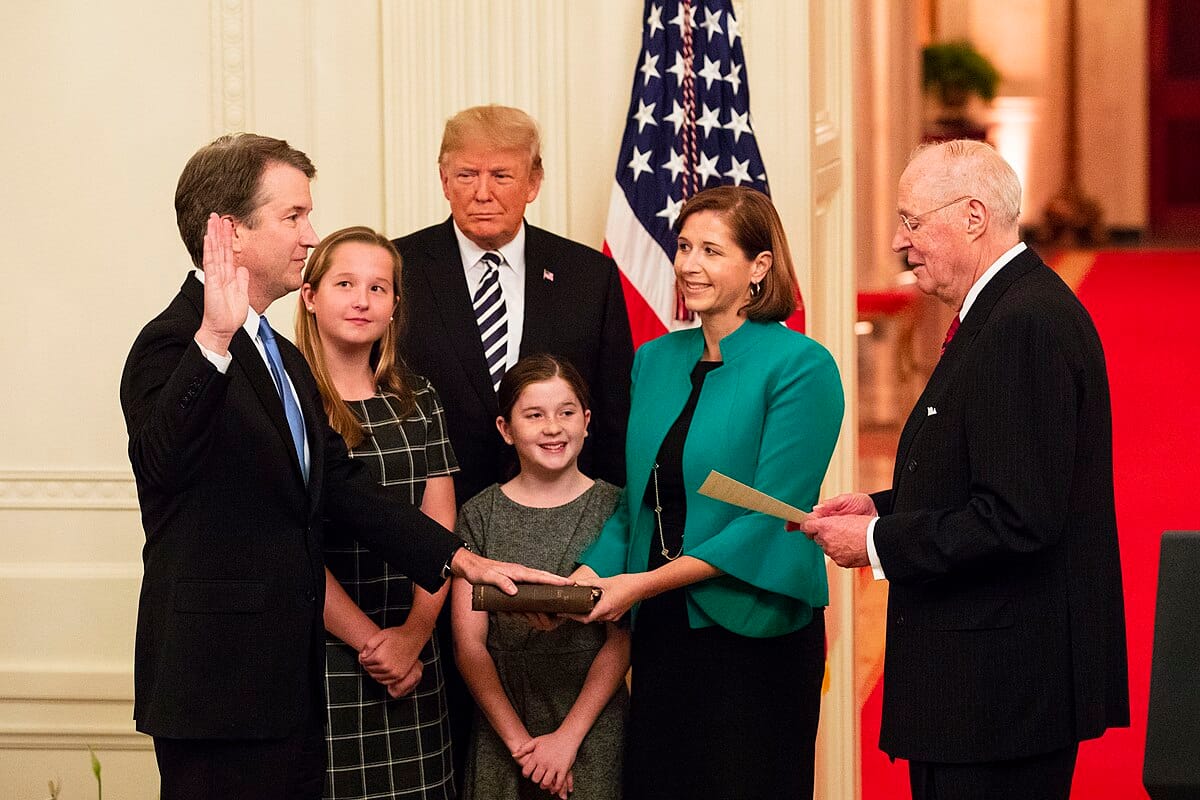
WASHINGTON, April 23, 2024 – The FCC’s new net neutrality rules likely have a rendezvous with the U.S. Supreme Court. A trip to the high Court would not be unprecedented, seeing as the nine Justices decided a major net neutrality-related case involving cable broadband providers in 2005.
The judicial scenario suggested isn’t inevitable. Congress could pass a new law, taking the issue from the FCC, and a Republican-controlled FCC could take power and gut the net neutrality rules adopted under FCC Chairwoman Jessica Rosenworcel. That’s exactly what happened after Republican FCC Chairman Ajit Pai replaced Democratic FCC Chairman Tom Wheeler in 2017.
But assuming Rosenworcel’s rules make it to the Supreme Court, what’s the likely outcome from a Court that seems poised to have the judiciary play a more assertive role and show less deference to agencies in implementing laws passed by Congress?
While Rosenworcel is highly confident in the lawfulness of her Internet rulebook that runs 435 pages and 2,642 footnotes, her agency will undoubtedly face an uphill battle to win five votes on a conservative-controlled Court that favors placing new limits on the reach of administrative state actors like the FCC.
With the Court favoring that sort of approach, the outlook for the FCC is decidedly negative.
A multiplicity of possible outcomes
One outcome is that the Court sends the rules back to the FCC for another try that hews closely to the minimalist authority that the decision says Congress has actually assigned the agency.
Another is that the net neutrality rules are voided under the First Amendment. In that case, Congress would not be able to pass laws or the FCC adopt regulations that infringe the editorial discretion of ISPs that lack market power. That would deal a potentially devastating setback to the Netizen ethos that all lawful Internet content should be treated equally.
“The Supreme Court has long recognized that compelled neutrality requirements pose unique First Amendment problems. The First Amendment will loom large in any FCC proceeding to restore … net neutrality,” the JonesDay lawfirm said a in 2021 blog.
 Broadband BreakfastBroadband Breakfast
Broadband BreakfastBroadband Breakfast
Before the Court, the FCC’s biggest challenge will be moving Justice Brett Kavanaugh off his strongly stated convictions about net neutrality.
In 2017, Kavanaugh – in a dissent as an appellate level judge in USTelecom v FCC – said the FCC’s 2015 net neutrality rules were both unlawful and unconstitutional.
Invoking the Major Questions Doctrine
From his seat on the U.S. Court of Appeals for the District of Columbia Circuit, Kavanaugh invoked the Major Questions Doctrine (also called the Major Rules Doctrine) in support of his rationale for nullifying net neutrality rules adopted under the Wheeler FCC.
The key rules passed by Rosenworcel’s FCC are substantial similar to Wheeler’s: No blocking, no throttling and no paid prioritization by ISPs now classified as common carriers under Title II of the Communications Act – meaning that Kavanaugh’s legal analysis today would not have to adjust to a fundamental shift in policy by the FCC.
Under the Major Questions Doctrine, an administrative agency such as the FCC is barred from adopting regulations of “vast economic and political significance” if Congress has not clearly authorized the action. In 2022, the Court grabbed the legal world’s attention by applying the Major Questions Doctrine to void Environmental Protection Agency regulations, with Kavanaugh and the five other Republican appointees endorsing that holding.
“Congress has never enacted net neutrality legislation or clearly authorized the FCC to impose common-carrier obligations on Internet Service Providers,” Kavanaugh said. “Under the Supreme Court’s precedents applying the Major Rules Doctrine, the Net Neutrality Rule is unlawful.”
He called net neutrality “one of the most consequential regulations ever issued by any executive or independent agency in the history of the United States.” In addition, he said, “the economic and political significance of the rule is vast” and that “any other conclusion would fail the straight-face test.”
Net neutrality also considered under First Amendment standards
Kavanaugh, who became an Associate Justice in 2018, also analyzed the 2015 net neutrality rules under the Court’s First Amendment precedents. In his view, net neutrality rules that ban ISP blocking, throttling and paid prioritization violate ISPs’ free speech and editorial freedoms traditionally protected by the Court. He relied heavily on the case in which the cable TV industry, in a losing cause, challenged TV stations’ mandatory carriage rights on local cable systems.
The case, Turner Broadcasting System, Inc. v. FCC (1997) – established that government may not restrict “the editorial discretion of Internet service providers, absent a showing that an Internet service provider possesses market power in a relevant geographic market,” Kavanaugh said.
In reviewing the FCC’s record, Kavanaugh said, “the FCC has not even tried to make a market power showing. Therefore, under the Supreme Court’s precedents applying the First Amendment, the net neutrality rule violates the First Amendment.”
Randolph May, President of The Free State Foundation, a free-market think tank, has argued that like Kavanaugh, he believes ISPs are no different from “newspapers, magazines, cable operators, movie and music producers” under the First Amendment.
“ISPs such as Comcast and Verizon possess free speech rights. They are all ‘speakers’ for First Amendment purposes, regardless of the medium or technology used to convey their speech,” May said, adding that the rights could come with limited restrictions.
The Rosenworcel FCC sees the law in an entirely different way.
Point-by-point rebuttal to Kavanaugh
In the voluminous discussion explaining the net neutrality rules, the FCC laid out an almost point-by-point rebuttal to Kavanaugh’s legal critique, arguing that the Major Questions Doctrine does not even apply and its rules fit comfortably within the First Amendment.
“We do not think the Major Questions Doctrine properly comes into play in this context at all. For one, we are simply following the best reading of the Communications Act, as demonstrated by the statute’s plain text, structure, and historical context; there is no call for deference to an interpretation that is not the statute’s most natural reading,” the FCC said.
The FCC looked to the Supreme Court’s decision in National Cable & Telecommunications Association v. Brand X Internet Services to support its position. In that 2005 ruling, the Court agreed with the agency that cable modem service was a lightly regulated information service under Title I, not a telecommunications service under Title II. The Court said the FCC was entitled to deference in interpreting ambiguous terms in the law related to classification of cable’s Internet service.
“Brand X held that the [FCC] has the authority to determine the proper statutory classification of Broadband Internet Access Service (BIAS). If the Major Questions Doctrine were an obstacle to reclassification here, then it also should have applied to the earlier reclassification in that case from Title II to Title I,” the FCC said.
Public Knowledge, a progressive think tank in support of the FCC’s net neutrality rules, said in a March 11 FCC filing that in Brand X, the Supreme Court clearly permitted the FCC to classify broadband Internet service.
“The Major Questions Doctrine is not applicable with regard to the reclassification of BIAS as a Title II service. The Supreme Court in Brand X explicitly found that Congress did, in fact, delegate the authority to classify broadband to the [FCC],” said Nat Purser, Public Knowledge’s Government Affairs Policy Advocate.
(Kavanaugh’s rejoinder is that Brand X’s finding of statutory ambiguity actually “torpedoes” the FCC’s rules because “ambiguity by definition means that Congress has not clearly authorized the FCC to issue the net neutrality rule. And to him that means net neutrality is unlawful under the Major Questions Doctrine.)
On First Amendment questions, the FCC said the net neutrality rules “fully comport with the First Amendment and do not unlawfully infringe any free speech rights …” The agency said when providing third-party content, ISPs are “not themselves acting as speakers or engaged in any expressive activity subject to the First Amendment, but instead are acting as mere conduits for the speech of others.”
An ISP would be entitled to First Amendment protections if it “represent[s] itself to consumers as affording them less of a ‘go wherever you’d like to go’ service and more of a ‘go where we’d like you to go’ service,” the FCC said. But the agency said that kind of service is far different from a mass market offering with “indiscriminate access to all or substantially all Internet endpoints.”
Does the First Amendment protect ISPs offering ‘neutral’ access?
In their majority holding in USTelecom v FCC, D.C. Circuit Judges David Tatel and Sri Srinivasan insisted that the First Amendment does not protect an ISP that offers “neutral, indiscriminate access to all websites” but later degrades consumers’ ability “to use Netflix for watching video or even prevent their access to Netflix altogether – in an effort to steer customers to the ISP’s own competing video-streaming service.”
The judges said, “An ISP has no First Amendment right to engage in those kinds of practices. No Supreme Court decision suggests otherwise.”
The judges said Kavanaugh’s was a “misconceived” reading of the First Amendment.
Finally, the FCC said it disagreed that the Turner decision required specific evidence of ISP “market power within its specific geographic market” in order to survive First Amendment scrutiny. The agency added, “It would be ahistorical for a constitutional amendment adopted in 1791 to be predicated on modern-day concepts of market power.”
Early in the rules, the FCC explicitly stated that it did not conduct a market power analysis – a key input for Kavanaugh.
“We conclude that a finding of market power is not a prerequisite to classifying a service as a telecommunications – and thus common carrier – service, and are unpersuaded by arguments to the contrary. The Act is abundantly clear that common carrier regulation applies – at least absent forbearance – even in the case of services subject to competition,” the FCC said.
The FCC’s net neutrality rules contain 704 paragraphs of dos and don’ts that reference Kananaugh just three times – all in footnotes.


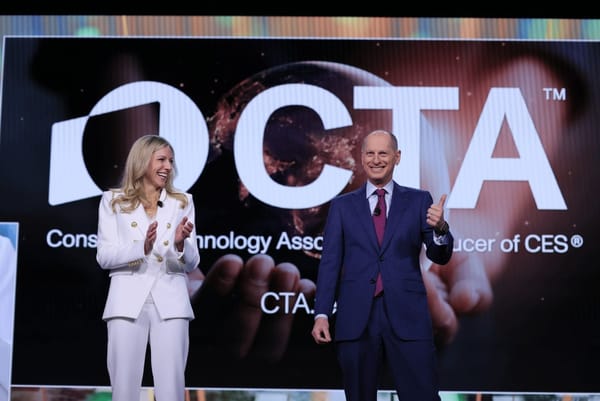
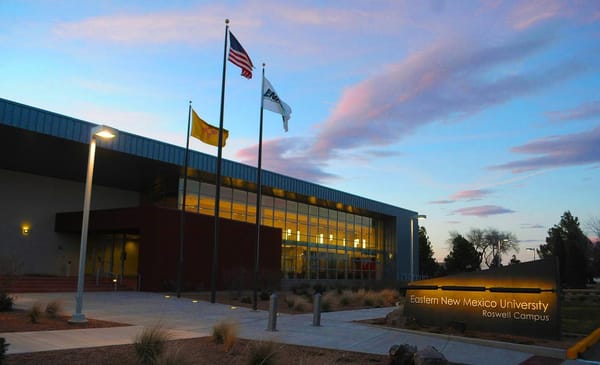
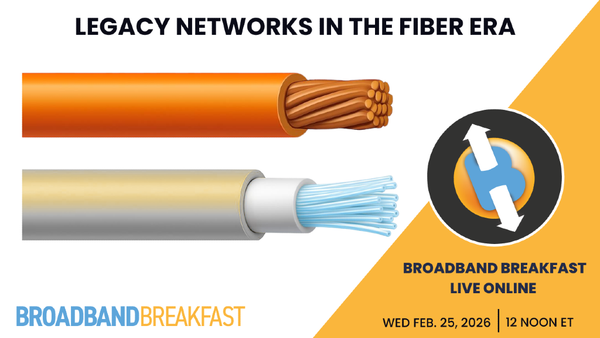
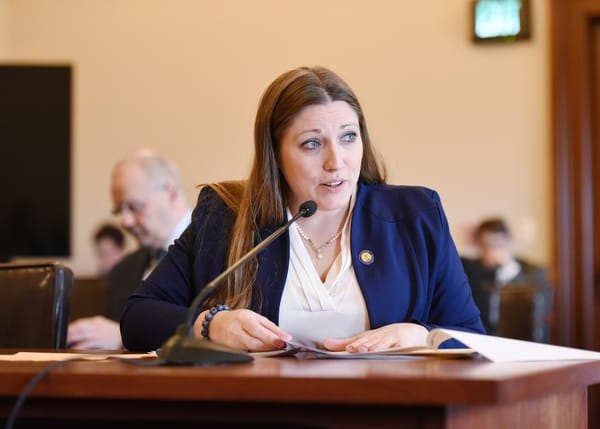
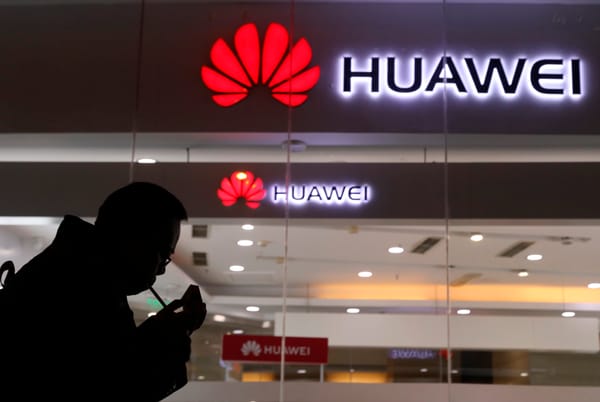



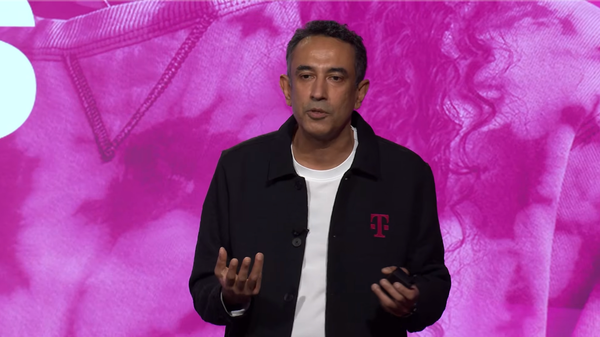
Member discussion